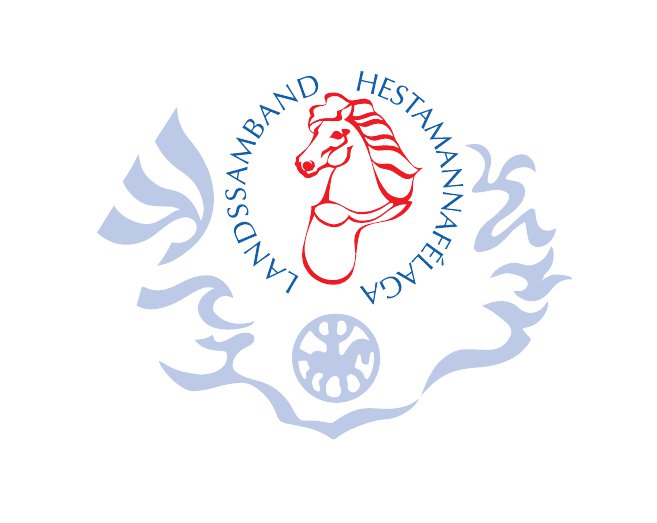The Icelandic horse breed is unique in that it has been isolated in Iceland for more than 1000 years. Only very few of the diseases which are known to have infected horses in other countries have been found in Iceland, which means that Icelandic horses are extremely sensitive towards infections. For this reason, travellers to Iceland are asked to take the necessary precautions when they pack for their vacation, wash their clothing prior to departure and not bring any riding gear.
Riding instructor Hulda Gústafsdóttir, who also runs horse exporting company Hestvit at Árbakki in South Iceland, travels abroad regularly to teach 15 to 20 times a year. “I go to Austria, Switzerland, Germany, the Netherlands, Denmark and sometimes the US. Between trips, I’m teaching at home, riding and exporting horses,” says Hulda. Her life revolves around horses. “It’s a privilege to be able to make your hobby your profession.” As a professional and frequent traveller, Hulda is well aware of the risks of carrying diseases between countries. “I wash all riding clothes before I return home.” Usually, washing by machine is sufficient. However, leather items, shoes and helmets must be disinfected. Hulda keeps spare boots and gloves where she teaches most frequently and she borrows a helmet and riding gear in each location. “I also avoid entering stables and petting horses more than I have to,” she adds.
According to Hulda, members of the Icelandic horse community are generally cautious when they travel to Iceland and aware of the risks of infection. However, she is concerned about the average tourist who drops by horse farms or goes riding and might have brought dirty clothing items or forbidden gear unaware of the potential consequences. “It’s impossible to monitor it, given how many tourists there are now,” she says. “The consequences can be very serious, also considering the number of horses. If there’s a widespread fever, there is no way for us move all horses into stables.” In Iceland, many horses are kept outside, year-round.
In spring 2010, a horse flu epidemic broke out in Iceland, likely because of dirty clothing or used riding gear which was brought to the country. Horses were infected in all parts of the country, a few even died. It took the horses a long time to recover, riding almost came to a standstill and Landsmót – the National Horse Festival was cancelled. “We were in fact lucky that this bacterial infection wasn’t of a more serious strain,” says Hulda. “If anything positive came out of it, it’s that horses which are exported are now less likely to catch a cold as they often did first after arriving in a foreign destination.”
The risks are still great, so when you pack for your Iceland vacation, please leave all equine pathogens behind and help us spread the word. For guidelines, go to the website of the Icelandic Food and Veterinary Authority. http://www.mast.is/english/frontpage/import-export/import/ridingequipment/
By Eygló Svala Arnarsdóttir.
Photo: Hulda and Birkir frá Vatni. Icelandic champions in five gait 2016.




















.jpg?280x160;crop)





























-1.jpg)






